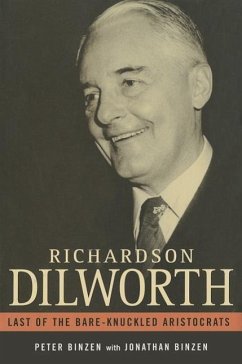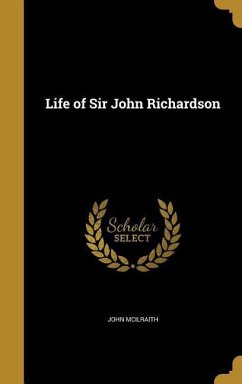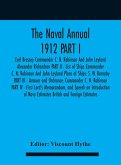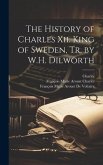In times of trouble, Theodore Roosevelt once said, the country needs not critics or complainers, but "the man who is actually in the arena, whose face is marred by dust and sweat and blood who spends himself in a worthy cause." Richardson Dilworth was such a man. At Belleau Wood and Guadalcanal, epic battles in World Wars I and II, he was there when courage counted. Years later, when the doomed luxury liner Andrea Doria was sinking at sea, Dilworth instinctively helped get other passengers into lifeboats and was among the last to leave the ship. Born to a wealthy family in Pittsburgh, raised in New York and educated at Yale, Dilworth moved to Philadelphia to enter the practice of law in 1926, and he embarked on his political career a few years later. A liberal Democrat in a city totally dominated by Republicans and rife with corruption, he suffered defeat after defeat, exchanging insults with his opponents and gaining a reputation as a "bare-knuckled aristocrat" in American politics. In 1951, Dilworth and Joseph S. Clark ended 67 years of boss-ridden, often corrupt rule by the GOP. Clark served one term as mayor and then went on to the U.S. Senate. Dilworth pulled off a singular trifecta, serving first as Philadelphia's district attorney, then as mayor, and finally as head of the city's embattled Board of Education during the tumultuous 1960s. Richardson Dilworth emerges in this stirring biography as one of Philadelphia's great citizens, perhaps its greatest since Benjamin Franklin. He was a true inspiration to his adopted city, and since his death in 1974, Philadelphia has not seen his like. For those two reasons and for the multitude of contributions he made to the people of Philadelphia and their way of life, the mayor who was also a statesman will long be remembered.




![Introduction to the First Elements of Chemistry [P.L. Geiger's Handbuch Der Pharmacie, Pt.1, Ed.] by J. Liebig, Tr. by T. Richardson Introduction to the First Elements of Chemistry [P.L. Geiger's Handbuch Der Pharmacie, Pt.1, Ed.] by J. Liebig, Tr. by T. Richardson](https://bilder.buecher.de/produkte/64/64981/64981138m.jpg)



